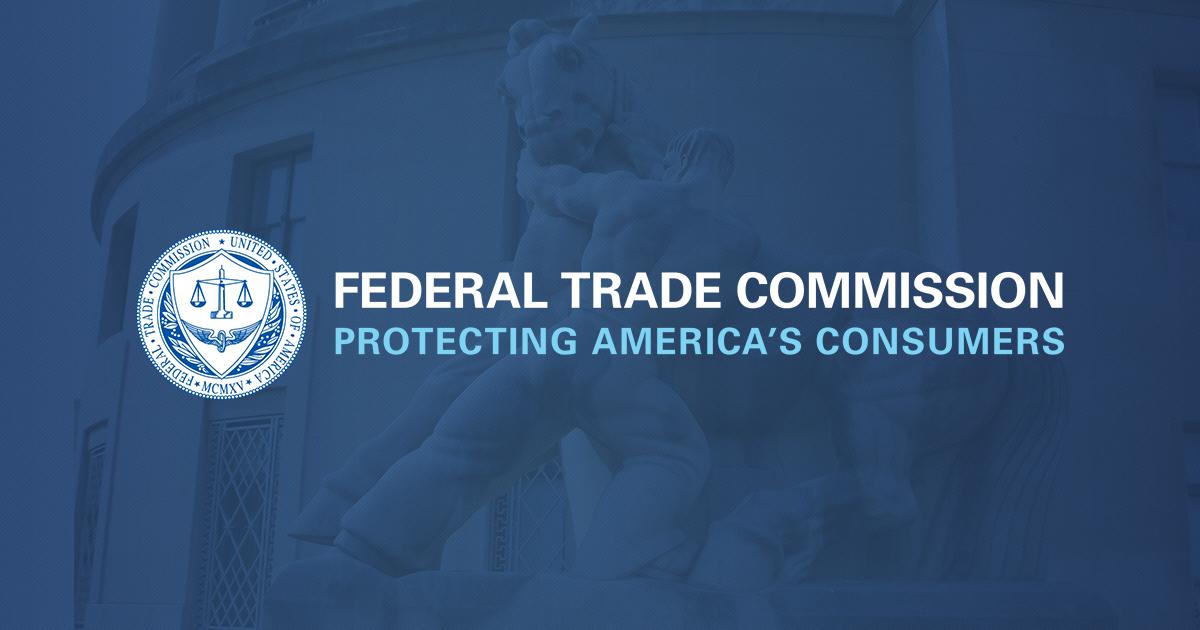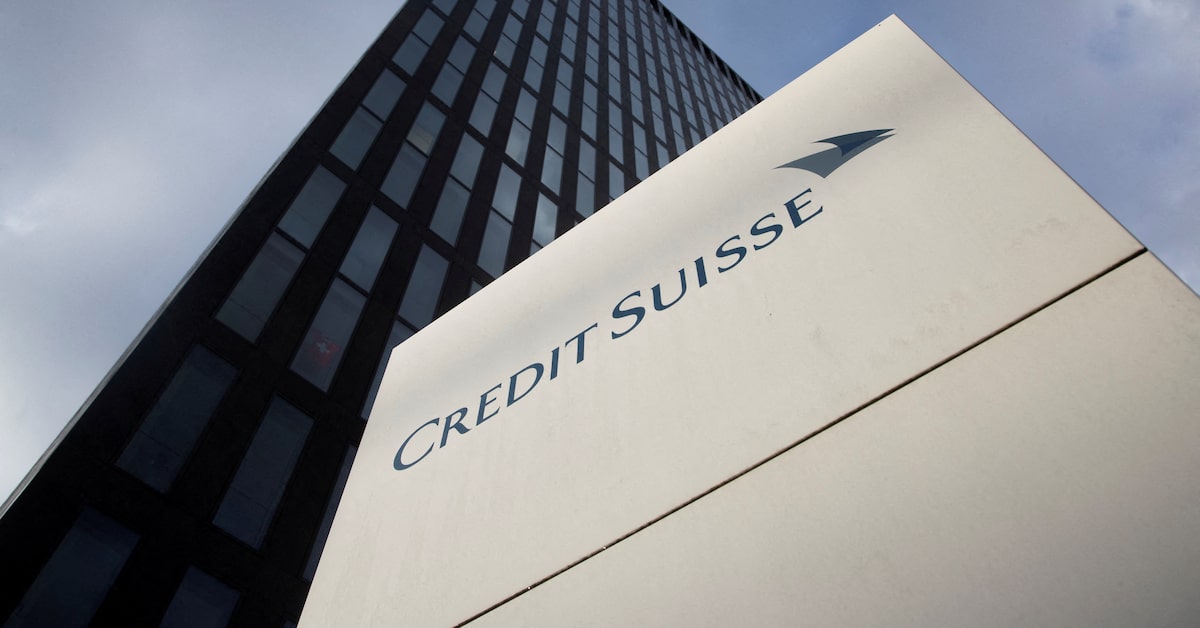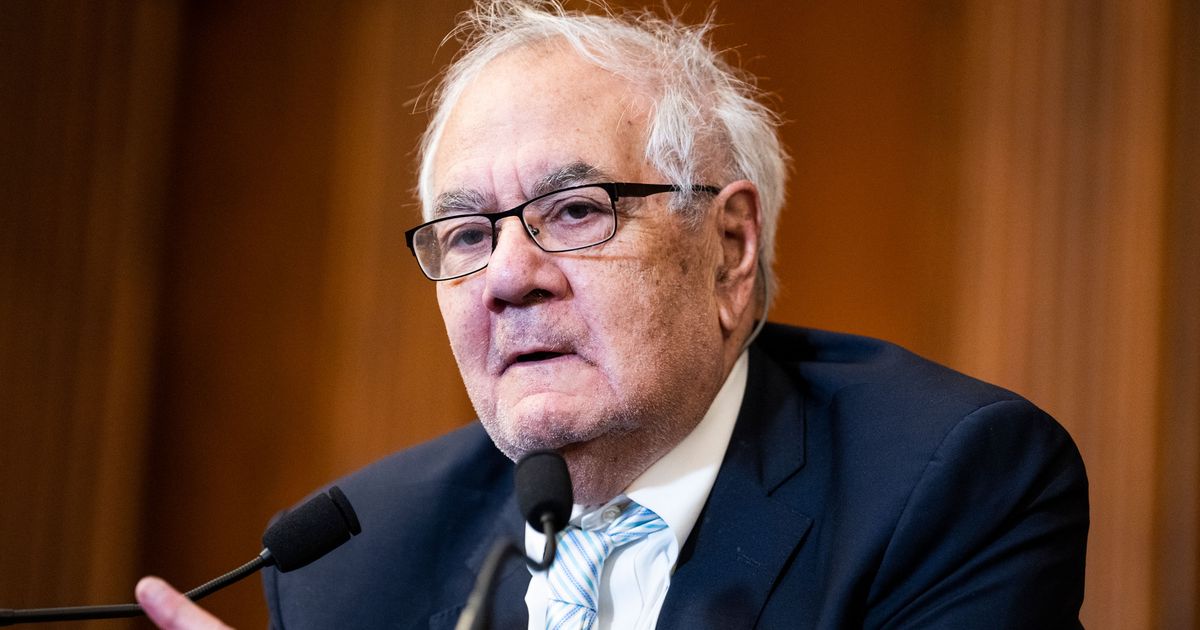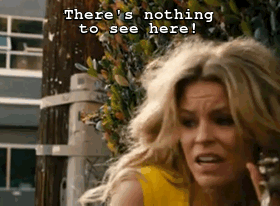is my bank safer than my safe deposit box located in that same bank?
yeah, never mind...

Well the bankers would be safer.... they consider that an "other" potential asset.
Welcome to the PMBug forums - a watering hole for folks interested in gold, silver, precious metals, sound money, investing, market and economic news, central bank monetary policies, politics and more.
Why not register an account and join the discussions? When you register an account and log in, you may enjoy additional benefits including no Google ads, market data/charts, access to trade/barter with the community and much more. Registering an account is free - you have nothing to lose!
is my bank safer than my safe deposit box located in that same bank?
yeah, never mind...

...
As it stands now, Signature Bank’s customers have automatically become customers of the FDIC-controlled Signature Bridge Bank. Regulators will proceed to sell the bank and its assets in the coming days, which will provide additional insight into how serious the problem actually was, according to Frank.
"What's the sale price?” Frank said. “If it's got to be sold at a very severe discount, well, maybe that shows there were problems with Signature. If it's sold at a better price, which I think it will be, that's proof of our argument that they shut down Signature as a general warning shot against crypto rather than anything that was Signature's fault."
...
...
The gap between the U.S. three-month forward rate agreement (FRA) and the overnight index swap rate (OIS), also known as the FRA-OIS spread, a measure of how costly it is for banks to borrow U.S. dollars from one another, surged to 54.00, the highest since March 2020, according to data source MacroMicro.
The borrowing and lending between banks is a crucial component of the banking system that helps banks manage their immediate liquidity needs. When the interbank lending market is strained or dysfunctional, banks face greater liquidity risk, which can result in insolvency.
So, the sharp rise in the FRA-OIS spread is a sign of the system reaching a point of vulnerability. That strengthens the case for the Fed to pause its rate hike cycle at next week's meeting or opt for a smaller 25 basis points move instead of the 50 bps raise expected last week. ...

Politically-correct customers.Looks to me like they've taken down a couple of the corrupt banks. Interesting, while still trying to insure deposits.


In my opinion, the VCs have always been low intelligence fools who were not investors, but gamblers. They spent their money and their investors' on stupid ventures that value investors would reject as ... shitty.VC outfits; tech startups (staffed with Woketards) and individuals (Woked-up) on the coasts.
Moody’s doesn’t downgrade entire segments without much thought and discussion on the matter.
Moody’s rating was reported this morning on the War Room where Steve Cortes reported that Moody’s downgraded the banking segment due to a “rapidly deteriorating operating environment”:“We have changed to negative from stable our outlook on the US banking system to reflect the rapid deterioration in the operating environment following deposit runs at Silicon Valley Bank (SVB), Silvergate Bank, and Signature Bank (SNY) and the failures of SVB and SNY,” Moody’s said in a report.

If you think a bank bailout is bad wait until they do a bail-in where the bank confiscates a portion of you deposits and gives you worthless bank stock in return. LOL
That's exactly what is going to end up happening.Maybe you will be be reimbursed with a shiny new cbdc.
I’m very disappointed to learn, apparently, the Department of Financial Services in New York, which did the closing, hasn’t said we were insolvent! They said, well, they had a problem, because they couldn’t get sufficient data. I mean, I was disappointed when they closed it, and sort of vindicated — they have not argued that we were insolvent. And I think it’s very clear if we had the benefit of those two announcements, we’d still be an ongoing bank.
Now, the question is, why did they react so harshly to what they said was our inability to give them the sufficient data? I believe it was probably to send the message that even though we were doing crypto stuff responsibly, they don’t want banks doing crypto. They denied that in their statement, but I don’t fully believe that. I think that they overreacted to what they saw was our problem with data, which may well have existed, but the data was improving. I think sloppy data is not a reason to close a bank that you have not decided was insolvent, and they’ve never said we were insolvent.
I mean, is that even legal? Can the government just seize any bank, even if it’s not insolvent?


Barney Frank Talks More About the Surprise Shuttering of Signature Bank
“I was sort of vindicated — they have not argued that we were insolvent,” says the author of the Dodd-Frank Act.nymag.com
What I heard is "All your bank deposits are belong to Jamie Dimon"

Things must be worse than is being reported by the state run media. I got an email from my local bank assuring me everything fine.
.
That's the kind of warm fuzzies that helps people and businesses with uninsured deposits sleep well at night!... I got an email from my local bank assuring me everything fine.
Things must be worse than is being reported by the state run media. I got an email from my local bank assuring me everything fine.
.
It has to be.. This is gonna be ugly.
Forcing CBDCs on the public, will be about like forcing the Jab on the public.It has to be.
How else are they gonna be able to force their cbdc down everyone's throat, if it doesn't get incredibly ugly first? They'll want it to look like a gleaming palace on a hill, in comparison.
Instant black market.It has to be.
How else are they gonna be able to force their cbdc down everyone's throat, if it doesn't get incredibly ugly first? They'll want it to look like a gleaming palace on a hill, in comparison.
